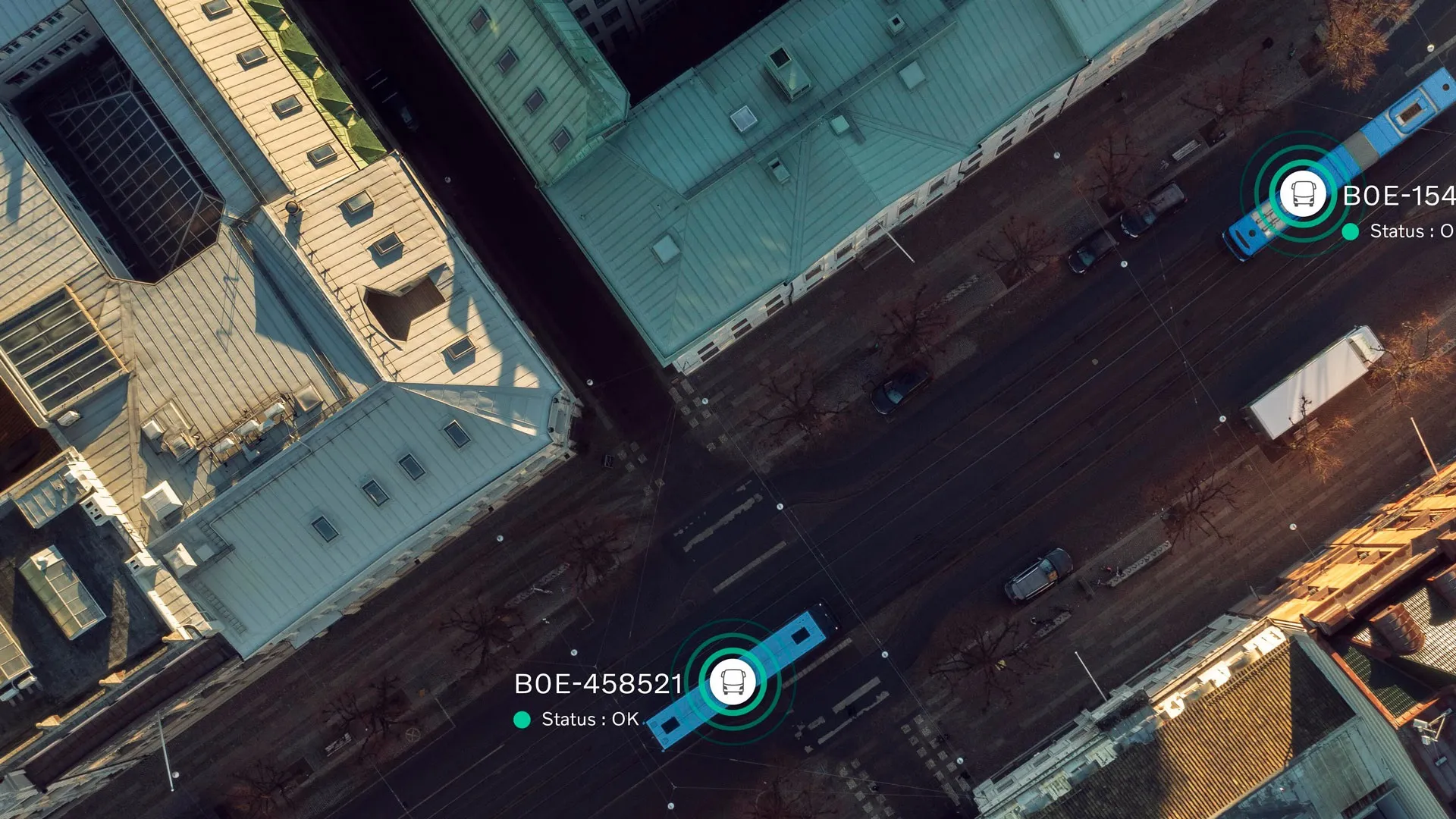Established four years ago by Telematics Valley, which aims to promote the use of telematics in transportation, the European working group DOITS (Data Openness in Transport Solutions) has taken on the challenge to identify and prioritise key ECO-driving measures that need to be harmonised.
First to be addressed is how to deliver a brand-neutral idling measure, which the group says is one of the key measures for reducing fuel consumption.
To make this idling measure available for all fleet management solutions providers and users, DOITS has co-operated with the official ACEA FMS Standardisation Group and the 2016 release of the rFMS 2.0 standard delivers the necessary data to generate the harmonised DOITS idling measure.
DOITS, which includes Scania, Volvo as well as the After Market Fleet Management Solutions suppliers Astrata, Telogis, TomTom, Trimble, Transics and Vehco, has also made recommendations to the ACEA FMS Standardisation Group on rFMS granularity of data for acceleration, braking, as well as a recommendation on optimising the usability of rpm and speed band information.
Working group establishes truck idling measure
Established four years ago by Telematics Valley, which aims to promote the use of telematics in transportation, the European working group DOITS (Data Openness in Transport Solutions) has taken on the challenge to identify and prioritise key ECO-driving measures that need to be harmonised.
February 28, 2017
Read time: 1 min








